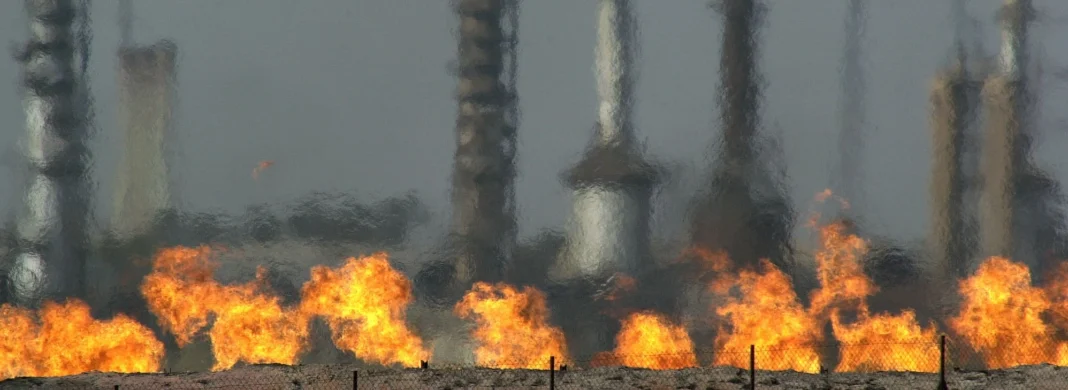Iraq’s economic vulnerability, iraq’s economy is under growing pressure due to external shocks and internal weaknesses. Economist Nabil Al-Marsoumi warned that the recent Iran-Israel war has exposed deep risks tied to Iraq’s energy-based structure. He pointed out that insurance costs for oil tankers heading from the Gulf to Asia jumped 60% during the conflict. At the same time, transport costs to major markets like China and India surged by 195%.
These sharp increases highlight Iraq’s economic vulnerability to global tensions. Al-Marsoumi emphasized that Iraq depends heavily on oil exports. He warned that a prolonged war might have forced the closure of the Strait of Hormuz—a key channel for Iraq’s oil. With the Ceyhan pipeline to Türkiye still inactive, Iraq would have no clear way to export its crude.
Turning to the Kurdistan Region, Al-Marsoumi explained that oil exports from the north—about 400,000 barrels per day—are not critical to Iraq’s national income. However, he stressed that the real crisis lies in the Region’s public salaries. He criticized delays in wage payments and said there is no legal reason to withhold them.
The Kurdistan Regional Government reportedly plans to use internal revenue to cover salaries but may cut allowances by 30%. Al-Marsoumi said this is only a short-term fix and reflects the deeper political divide between Erbil and Baghdad. He called for a unified system where all oil and gas revenue goes to the federal treasury. This, he said, would help ensure fair and timely salary distribution.
Al-Marsoumi also raised concerns about labor policies in Iraq’s energy sector. Over 5,000 foreign workers are active in this field, many of them earning much more than Iraqi staff. Unlike Iran, which secures foreign experts under binding agreements, Iraq lacks strong legal terms. He said this setup puts unnecessary strain on national funds and fails to develop local expertise.
He further criticized Iraq’s business climate, calling it unattractive for real investment. Corruption, militia influence, outdated infrastructure, and legal confusion all scare away foreign capital. He dismissed government claims of $90 billion in investment as “empty headlines,” pointing to the balance of payments data, which shows no sign of serious capital inflows.
Despite being the world’s second-largest oil producer, Iraq still imports large amounts of gasoline and gas. Al-Marsoumi said this shows poor planning. He urged leaders to reduce oil dependence and focus on agriculture and industry instead.
To fix Iraq’s economic vulnerability, Al-Marsoumi advised the government to develop new export routes through Türkiye, Syria, and Jordan. He also called for urgent steps to cut public spending and grow non-oil revenues.
Oil prices recently dropped to $66 per barrel, causing May revenues to barely cover state salaries. Meanwhile, global producers like Saudi Arabia plan to increase output. This shift may send prices closer to $60 per barrel, adding even more stress on Iraq’s economy.


